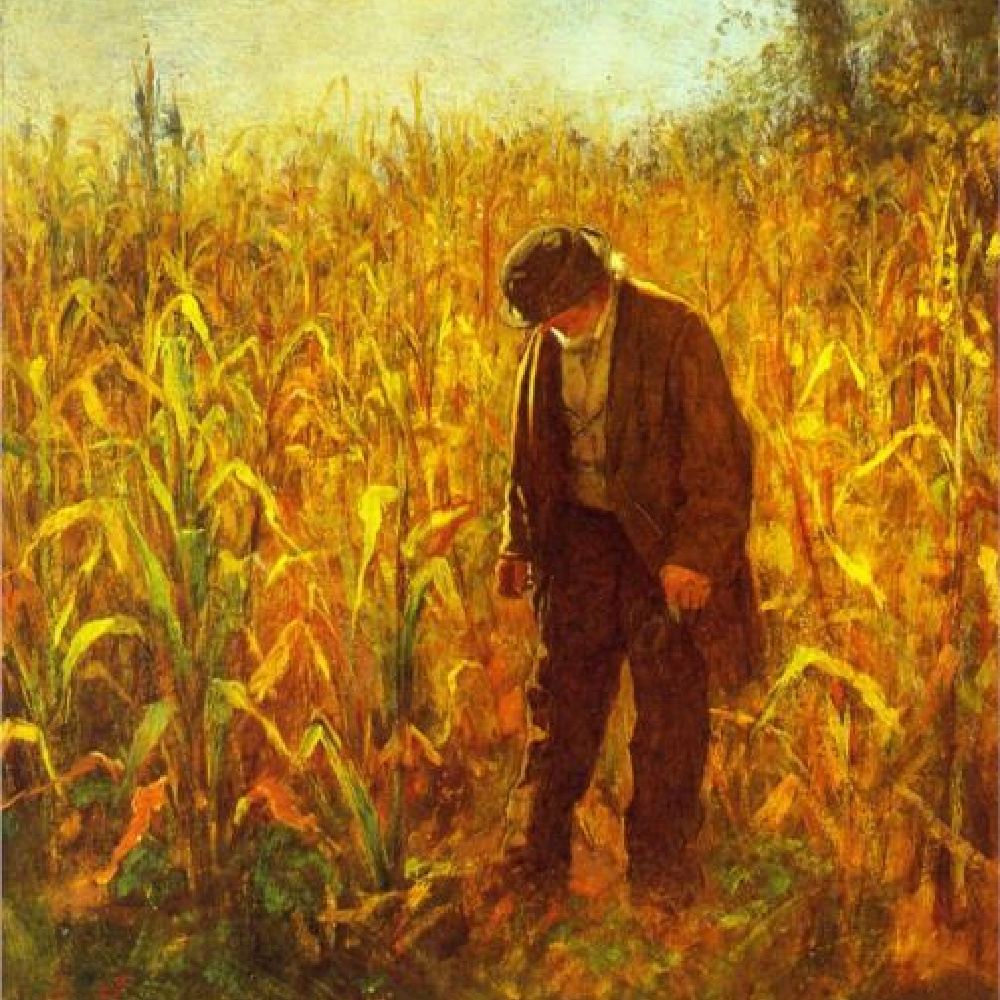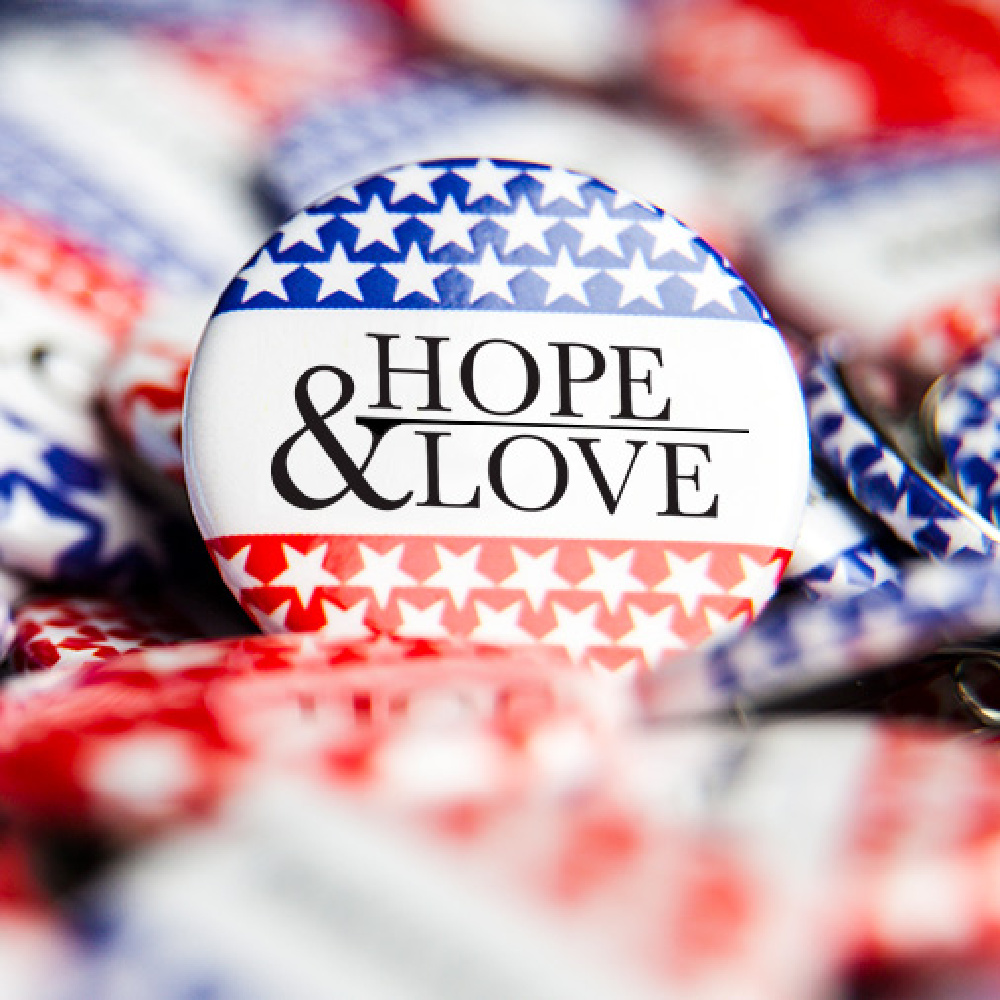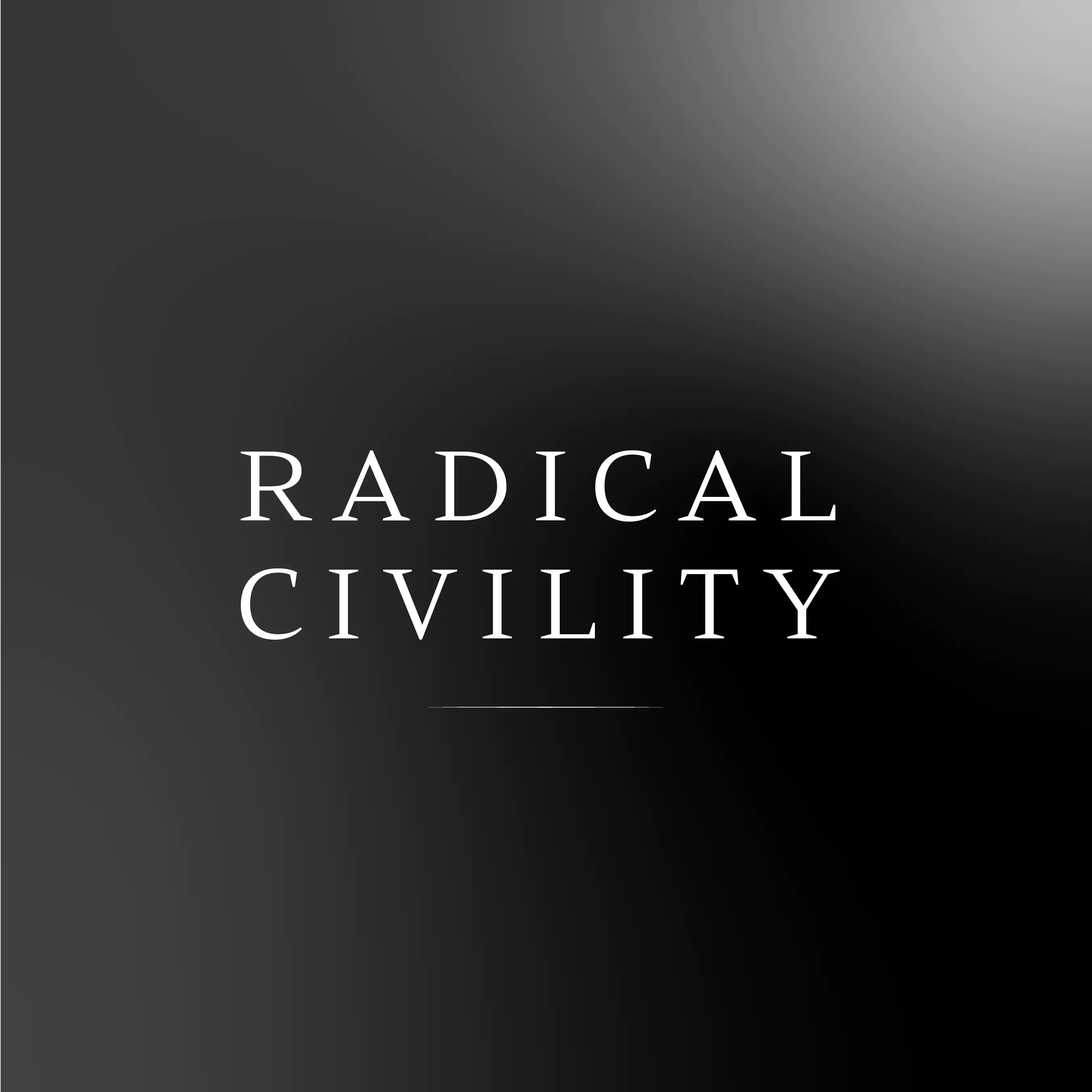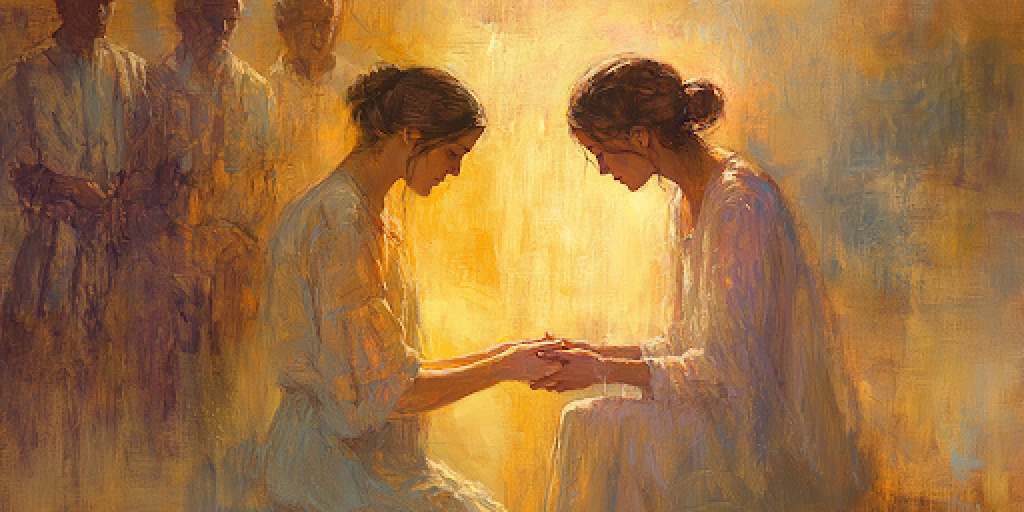Sunday night President Russell M. Nelson spoke to members of the Church 18-30 years old. In his remarks, he encouraged young adults to not allow any other labels to come before three primary identities:
- Child of God
- Child of the Covenant
- Disciple of Christ
He clarified that other identities can be important, but that there are significant eternal risks for allowing anything else to obscure our view of these core sacred identities.
Certain voices online warned before the remarks that they would be “hurtful,” “terrible” or require cleaning up. Presumably, this is out of the growing perception that the plain teaching of the restored gospel is now harmful to those who identify among one of the “marginalized groups.”
At Public Square, we are interested in how our convictions intersect with core issues being discussed publicly. So his remarks remind us that some of the top political columnists in the U.S. believe, “All politics is identity politics.”
If our public discourse hinges so much on identity, is it any surprise that this is the topic the Lord would most want us to get right?
His remarks have wide-ranging applications. One he addressed directly is political labels. We, of course, have published frequently, and as recently as last week, about the need for unity among Saints. Deprioritizing our political identities can help with this.
President Nelson also remarked that if we prioritize other identities, we can inappropriately judge those who have chosen differently than us. He touched on many topics relevant to our discourse in the public square. He warned against prejudice and abuse on the basis of nationality, race, education, sexual orientation, gender, and culture.
As we focus on our primary identities, not only can we improve ourselves, but that we can improve our relationships with others by focusing on their nature as a child of God first and foremost as well. That can also help unify us with Latter-day Saints by further recognizing our shared identity as children of the covenant and disciples of Christ.
We hope that President Nelson’s remarks will have the effect of increasing discipleship, reducing prejudice, and increasing unity.
















